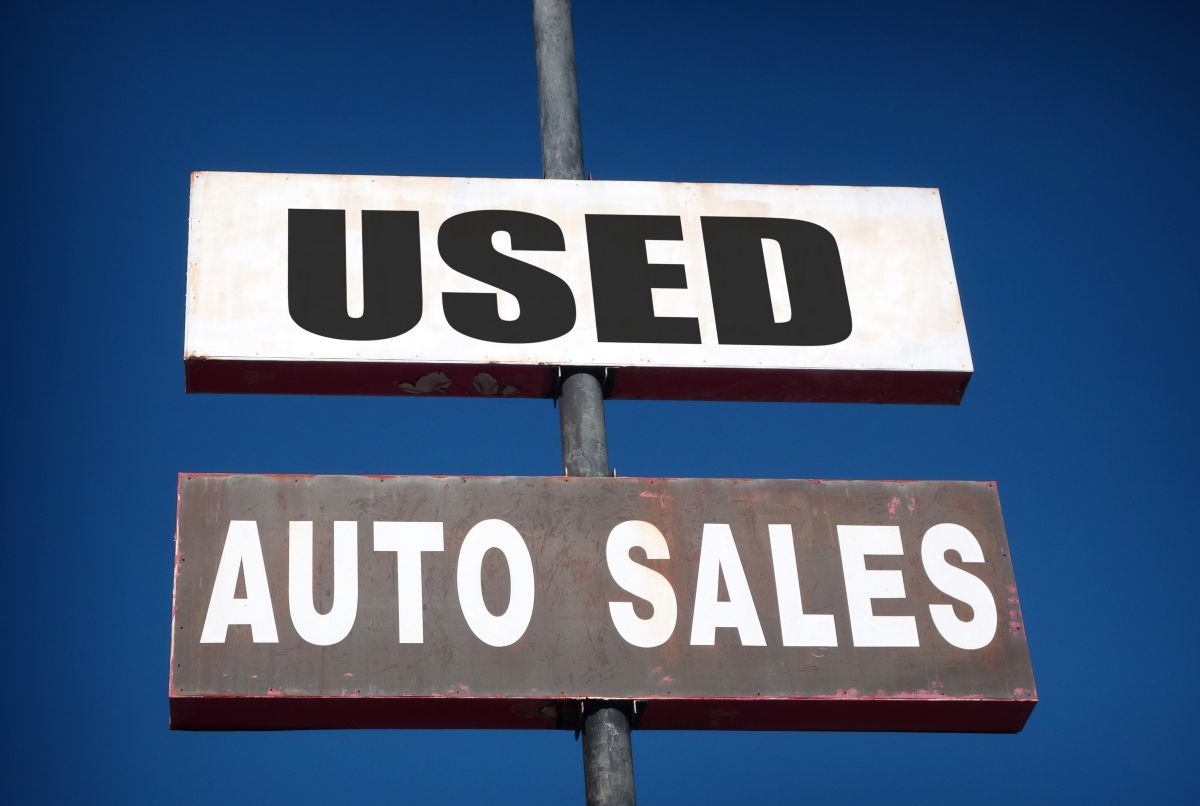Wildfires sweeping through Los Angeles have left widespread destruction in their wake, including the loss of thousands of vehicles, disrupting the second-largest car market in the U.S. and driving up used car prices. Experts predict a surge in demand as residents seek replacements, particularly in the used car segment, where inventory remains tight.
"There is more than one dark cloud over Los Angeles -- there's a physical black cloud and an emotional one," Beau Boeckmann, owner of Galpin Ford, one of the nation's largest Ford dealerships, told the Detroit Free Press.
While his dealership remains unharmed, Boeckmann has already seen customers replacing vehicles lost in the fires, and he anticipates many more to follow.
According to the California Department of Forestry, more than 12,300 structures, including vehicles, have been destroyed since the fires ignited on Jan. 1. The economic damage is estimated between $250 billion and $275 billion, with the automotive sector bearing a significant portion of the losses.
Kevin Roberts, director of economic and market intelligence at CarGurus, told the Free Press about 25,000 new and used vehicles were listed in ZIP codes affected by evacuation orders, representing 6% of the state's total listings.
Jonathan Banks, general manager of vehicle valuations at J.D. Power, highlighted the impact such widespread destruction can have on car prices.
"Depending on the severity of the number of vehicles lost, a large amount would have an impact on [used car] prices at a national level," he said, referencing Hurricane Sandy’s 2012 impact, which led to a $300 per unit increase in used vehicle prices.
Data from J.D. Power indicates that during the first week of the fires, Los Angeles' share of new vehicle sales dropped by 0.6%, equating to approximately 1,000 fewer vehicle purchases. Analysts estimate that January could see a decline of 5,000 to 13,000 new vehicle sales as residents focus on rebuilding their lives before making large purchases.
Despite the decline in new vehicle sales, industry experts anticipate an eventual rebound. Tyson Jominy, vice president of data and analytics at J.D. Power, noted that major automakers could see an uptick in sales as consumers replace lost vehicles. "Not to ignore the human element here, but there typically is a small upside in times like this," he said. "After a couple of months, things stabilize."
Used car prices, however, are expected to rise further due to increased demand and already constrained inventory. J.D. Power data shows the supply of 3-year-old lease returns is down by 30% compared to 2019, making newer-model used cars scarcer. The average transaction price for a used car recently stood at $28,740, while new cars averaged around $45,000. Tight supply has also increased the average monthly payment for a used car to $541, up from $416 in 2019.
Automakers and dealerships are stepping up efforts to assist affected residents. Ford, General Motors, Honda and Stellantis have announced relief measures, including employee pricing plans, deferred payment options, and financial assistance donations. Ford, for example, has pledged $250,000 in grants to wildfire relief funds, while GM has activated OnStar Crisis Assist Services for impacted customers.
Meanwhile, local dealerships are working to provide immediate support. Boeckmann has instructed his team to reach out to customers in affected areas to offer assistance rather than sell vehicles. "If they need a car, I’m happy to give them a car to use for a while," he told the Free Press.












